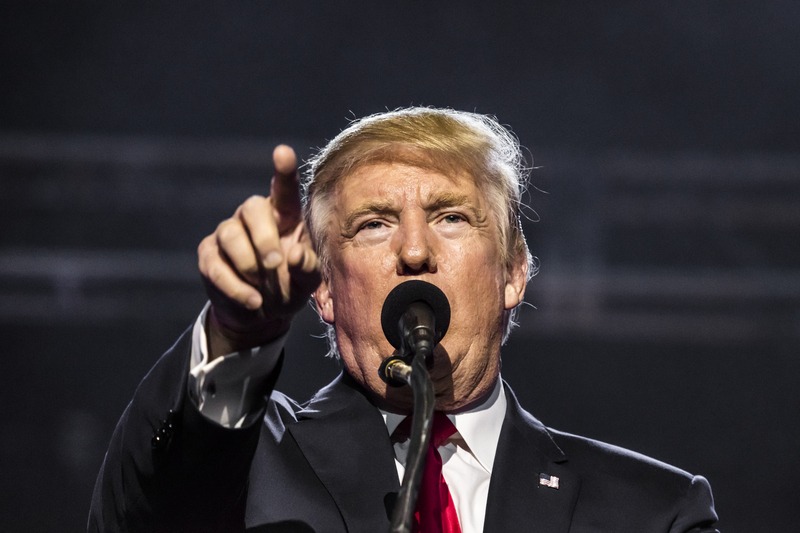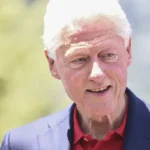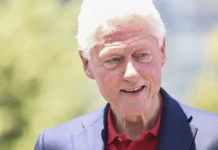In a significant legal development, Special Counsel Jack Smith has urged the Supreme Court to reject former President Donald Trump’s assertion of immunity from prosecution concerning his efforts to overturn the 2020 election results.
This plea by Smith highlights a pivotal moment in the ongoing legal battles surrounding Trump, with the Supreme Court set to hear oral arguments on April 25.
Trump faces charges of conspiring to subvert the 2020 election outcome, a case that has reignited debates over the extent of presidential immunity from prosecution. Despite lower courts dismissing Trump’s immunity claim, the matter has escalated to the Supreme Court, underlining the unprecedented nature of the case.
Special Counsel Smith’s filing emphasizes the principle that no individual, including a president, is above the law. This stance is supported by historical precedent and the Constitution, challenging Trump’s plea for immunity on actions deemed as attempts to undermine the electoral process. Smith argues that the effective operation of the presidency does not necessitate immunity for alleged violations of federal criminal law, especially for acts that could be construed as an “unprecedented assault on the structure of our government.”
Adding to the complexity of the case, a group of retired senior military officers and national security officials have filed a brief opposing Trump’s immunity claim, arguing it contradicts democratic principles and could pose threats to national security and the global fight against authoritarianism. This perspective underscores the broader implications of the Supreme Court’s impending decision.
Further detailing the arguments against Trump’s claim, Smith’s brief to the Supreme Court elaborates on the dangers of granting absolute immunity to a former president, comparing it to a shift towards monarchical power. Drawing parallels with the Watergate scandal, Smith highlights the established understanding that presidents are subject to criminal prosecution post-office, advocating for the distinction between protections against civil suits and the necessity for accountability through criminal prosecutions.
Legal experts and former prosecutors have echoed Smith’s sentiments, expressing the belief that the Supreme Court is likely to rule against Trump’s broad claim of presidential immunity. Such a ruling would affirm the principle that impeachment by Congress is not the sole mechanism for holding a president accountable for criminal acts.
In anticipation of the Supreme Court’s decision, expected by the end of June, the legal community and observers are closely monitoring how this case could influence the future of presidential accountability and the legal boundaries of executive power. This landmark case not only challenges the legal immunity of former presidents but also tests the foundational tenets of American democracy and the rule of law.
As the nation awaits the Supreme Court’s ruling, the outcome of this case could have profound implications for the legal landscape surrounding the presidency and the extent to which executive actions are subject to judicial scrutiny. This moment in legal history underscores the enduring principle that no one, regardless of their position, is beyond the reach of the law.











